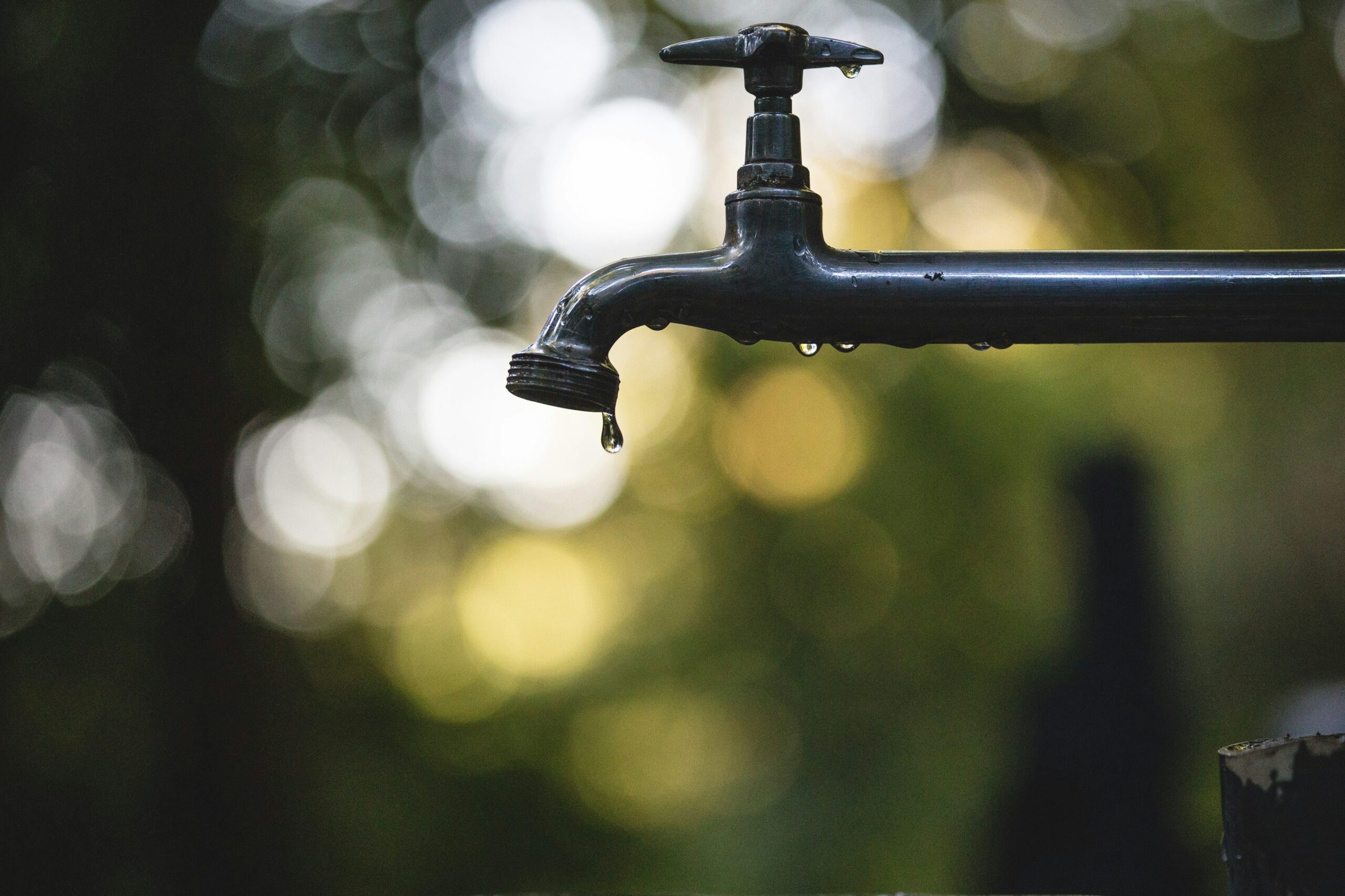Measure proposed to ensure fairer distribution of water
Farmers in the Algarve have called for a per-person water allocation system for urban consumption to ensure fair distribution and responsible use of water. This suggestion is one of seven proposals submitted to the “Water That Unites” working group by the Algarve Agricultural Federation (Fedagri).
In a letter to the group, Fedagri highlighted the example of Egypt, where water consumption is rationed per inhabitant. Macário Correia, president of the Sotavento Algarve Irrigation Association and a founding member of Fedagri, described the proposal as a “matter of fairness.”
“It makes no sense for there to be restrictions for some and not for others,” Macário Correia told Lusa news agency, stressing that agriculture has been targeted unfairly.
While agriculture has allocations based on crop type and unit area, referenced in the licenses for using groundwater or surface water resources, “there are no such restrictions for urban consumption,” Correia added.
“This is necessary because there is unregulated urban water usage, with no consideration for efficiency and conservation,” the association president stressed, adding that some Algarve councils “wasted water in an incredible manner last summer”, particularly by watering “sidewalks, asphalt, and roundabouts.”
Fedagri suggests that water allocations should consider both the local population and hotel capacity. Correia explained: “Municipalities with more residents and hotel beds should have their water needs calculated based on efficient consumption models, as seen in better-managed areas.”
The federation also referenced World Health Organization guidelines, which estimate 110 litres per day as sufficient for basic needs. In contrast, the average water usage in Portugal is 190 litres per day per person, with tourist consumption in the Algarve exceeding 300 litres.
Farmers have highlighted their own water-saving efforts, claiming a 50% reduction in usage since 2002 through technologies like localised irrigation and moisture sensors.
Other Fedagri proposals include penalties for municipalities with excessive water losses, increasing storage capacity, better aquifer management, expanding wastewater reuse, and exploring desalination.
These ideas align with the goals of the “Water That Unites” initiative, which seeks to develop a national strategy for sustainable water management, set to launch later this month.




















